Why skipping your workout recovery could be the reason you’re not hitting your fitness goals
Yes, you read that right.
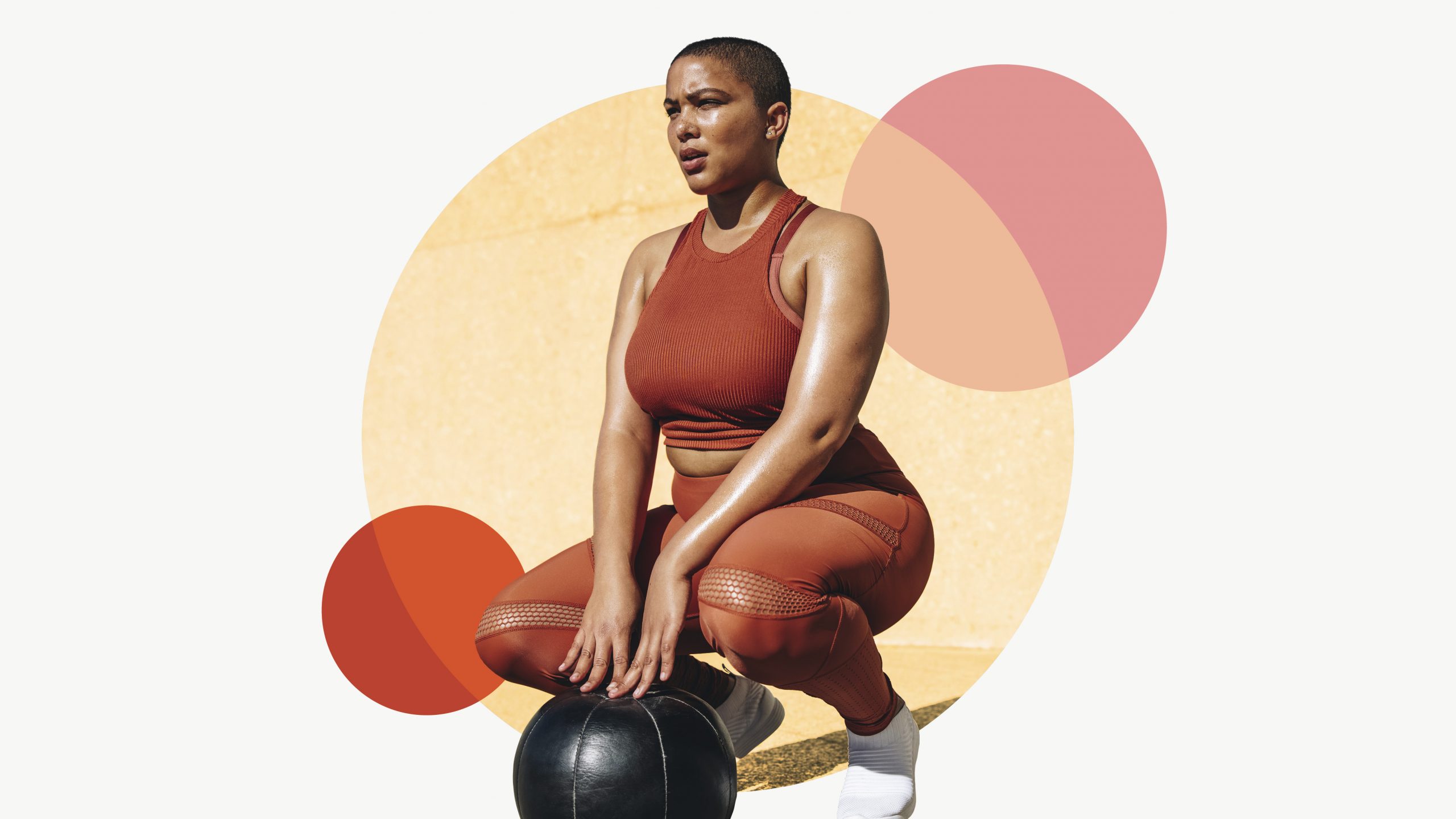
Yes, you read that right.
By now, you're likely knee-deep in goals for 2022, with grand plans for improving your physical or mental fitness this year. What have you gone for - smashing your first 5km? Eating more veggies? Or meditating more regularly? Whatever you opt for - or even if you opt for no resolutions at all - one thing "to try more of" this year is workout recovery.
Bear with us on this one because, believe it or not, recovery could be the very reason you're not improving fitness-wise despite hitting every training session.
Sure, if you struggle to get one to two workouts in a month anyway, you may laugh at the idea that doing too much is what's sabotaging you from hitting your goals. But whatever your fitness level - one workout a month is better than none - ramping up your workouts to more than you're used to may be a recipe for disaster if you don't let your body recover adequately during the process.
Look at it this way: your body is like a car and, unless serviced, won't run optimally. Think about how much you use your body day-to-day and during your sweat sessions, and then about how important it is to let your muscles recover to hit said workouts at 100% capacity.
Here, we've picked the brains of two experts from WHOOP, a fitness tracker that measures your strain, recovery, and sleep. Keep reading as they break down what workout recovery is, why it’s important for your fitness and general wellbeing, why so many people skip it, and eight recovery tips to help you make it a non-negotiable part of your day-to-day.
Why workout recovery is key to getting fitter
What is workout recovery?
First things first: what do we actually mean by workout recovery? Good question. As Kristen Holmes, vice president of performance science at WHOOP explains, recovery is the body’s return to homeostasis after a workout that causes strain or stress.
Marie Claire Newsletter
Celebrity news, beauty, fashion advice, and fascinating features, delivered straight to your inbox!
Doctor Hazel Wallace agrees, adding that simply put, recovery is the return to a normal state of mind and body. "It's a process that allows the body to repair and adapt to the training stimulus, in order to perform optimally," she goes on.

What happens if I workout every day and skip rest?
Good question. Wallace shares: "Yes, the hour that you train is important for making progress and working towards your goals, but it's what you do in the other 23 hours of the day that really moves the needle forward health-wise."
Did you know? In terms of your ability to recover (and therefore perform optimally) your recovery is just as important as what you’re doing in the gym or on the pitch.
Bottom line: ultimately if you under-recover, you’re not going to perform well in your next session, you might feel muscle soreness and fatigue, experience sleep disturbances, and even find yourself getting sick more often.
How do I know how many workouts to do a week and how much recovery I need?
Ah, the age-old question. In short, it'll differ from person to person.
For some, two to three workouts a week will be enough to maintain fitness and reach optimal recovery levels. Do chat to a PT or qualified professional, if you're not sure, plus there are loads of fitness apps that may help, too.
8 recovery tips to incorporate into your day-to-day
1. Programme in your rest
This one's important. "Factor in rest days throughout your week and de-load weeks (e.g. less volume, less weight, less intensity) throughout your training programme," advises Wallace. That way, you'll recover without even having to think about it.
2. Make sleep a priority
Simple, but key, making sleep a priority is KEY for recovery. "Aim to get good quantity - that's 7-9 hours - and quality by implementing usual sleep hygiene strategies," she recommends.
3. Focus on your recovery nutrition
Ever thought about why your body needs calories? Largely to grow, repair, and recover.
"In addition to calories, we need sufficient protein to build and repair muscle and carbohydrates to fuel training and, afterwards, replenish glycogen stores," expains Wallace. "Finding the sweet spot for carb intake will depend on the type and intensity of your training," she continues.
If you're training at a higher intensity, you'll need higher carbohydrate intake, too, and fat is also an important fuel and is essential for normal functioning of the body.
4. Work out what recovery strategies work for you
There's so much to choose from, it can feel overwhelming, but the simplest thing you can do is try a few and workout what works for you. Try the following:
- Massage guns
- Stretching
- Cryotherapy
- Cold water therapy
- Massage
- Sauna.
Do note here, though: Wallace warns that the above will do very little if you’re not getting enough sleep or the right nutrition.

5. Try up your mobility
This ten minute video from Joe Wicks demonstrating his hip mobility routine will help. Give it a go!
6. Don't skip a nap
"Naps prior to 2 pm will amplify recovery during hard training blocks," shares Holmes.
7. Manage your stress
Another key recovery factor? Managing your stress levels. "This is critical," explains Holmes. Not sure where to start? "Slow-paced breathing is a game-changer for recovery," she adds.
8. Take a step back
And finally, don't be afraid to take a step back. "It’s easy to feel like you need to work harder if you’re not seeing the results you were expecting - people end up over-training and under-recovering," shares Wallae.
Try this: Sometimes taking a step back from training and really focusing on what’s happening with your sleep, nutrition, and stress management can help you make the progress you need.
How do athletes train so much?
Look at it this way. There's a reason even elite athletes don't workout every single day - because if they did, they'd likely end up injured or seriously fatigued. When you work out, you're using your muscles. When resting and recovering, you're giving them adequate time to repair and build back stronger.
As Holmes puts it, if workout volume and intensity exceed your "capacity", your body will break down. "This can cause fatigue, decreased immune function, sleep issues, inflammation, edema, stiffness, soreness, and worst case, depression," she explains. Not to mention much higher risk of injury as a result.
Fun fact: most athletes track their recovery closely, with the help of tech like WHOOP. "Most elite athletes use data to understand their internal capacity to take on stress and strain, and then know when to pull back and when to go hard as a result - they are not guessing," she explains.

Ally Head is Marie Claire UK's Senior Health and Sustainability Editor, nine-time marathoner, and Boston Qualifying runner. Day-to-day, she heads up all strategy for her pillars, working across commissioning, features, and e-commerce, reporting on the latest health updates, writing the must-read wellness content, and rounding up the genuinely sustainable and squat-proof gym leggings worth *adding to basket*. She also spearheads the brand's annual Women in Sport covers, interviewing and shooting the likes of Mary Earps, Millie Bright, Daryll Neita, and Lavaia Nielsen. She's won a BSME for her sustainability work, regularly hosts panels and presents for events like the Sustainability Awards, and is a stickler for a strong stat, too, seeing over nine million total impressions on the January 2023 Wellness Issue she oversaw. Follow Ally on Instagram for more or get in touch.
-
 Anya Hindmarch has just launched a fantastical diving shop in central London
Anya Hindmarch has just launched a fantastical diving shop in central LondonFor those who would rather be beside the seaside...
By Sofia Piza
-
 Blake Lively’s legal team has criticised Justin Baldoni’s “scorched earth" approach
Blake Lively’s legal team has criticised Justin Baldoni’s “scorched earth" approachBy Jenny Proudfoot
-
 Aimee Lou Wood has called out Saturday Night Live for its “mean” joke about her appearance
Aimee Lou Wood has called out Saturday Night Live for its “mean” joke about her appearanceBy Jenny Proudfoot
-
 We're fitness experts who've spent 100's of hours testing fit kit - these are the lululemon products we rave about to family and friend
We're fitness experts who've spent 100's of hours testing fit kit - these are the lululemon products we rave about to family and friendKeen to invest in kit that'll last the long run?
By Chloe Gray
-
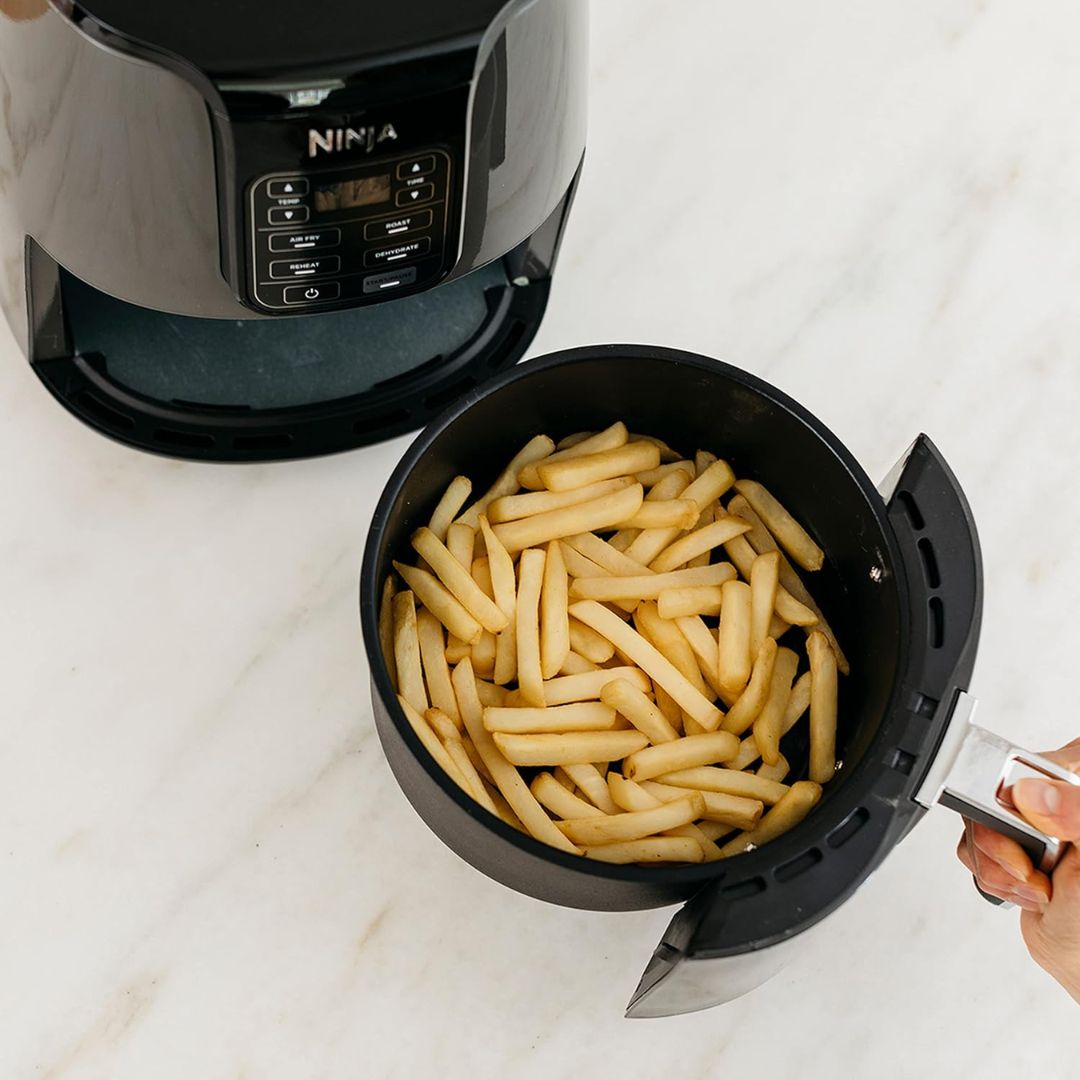 After testing dozens of designs—these are the best air fryers money can buy, according to team Marie Claire UK
After testing dozens of designs—these are the best air fryers money can buy, according to team Marie Claire UKPlus a nutritionist's expert insights on the popular cooking method
By Grace Lindsay
-
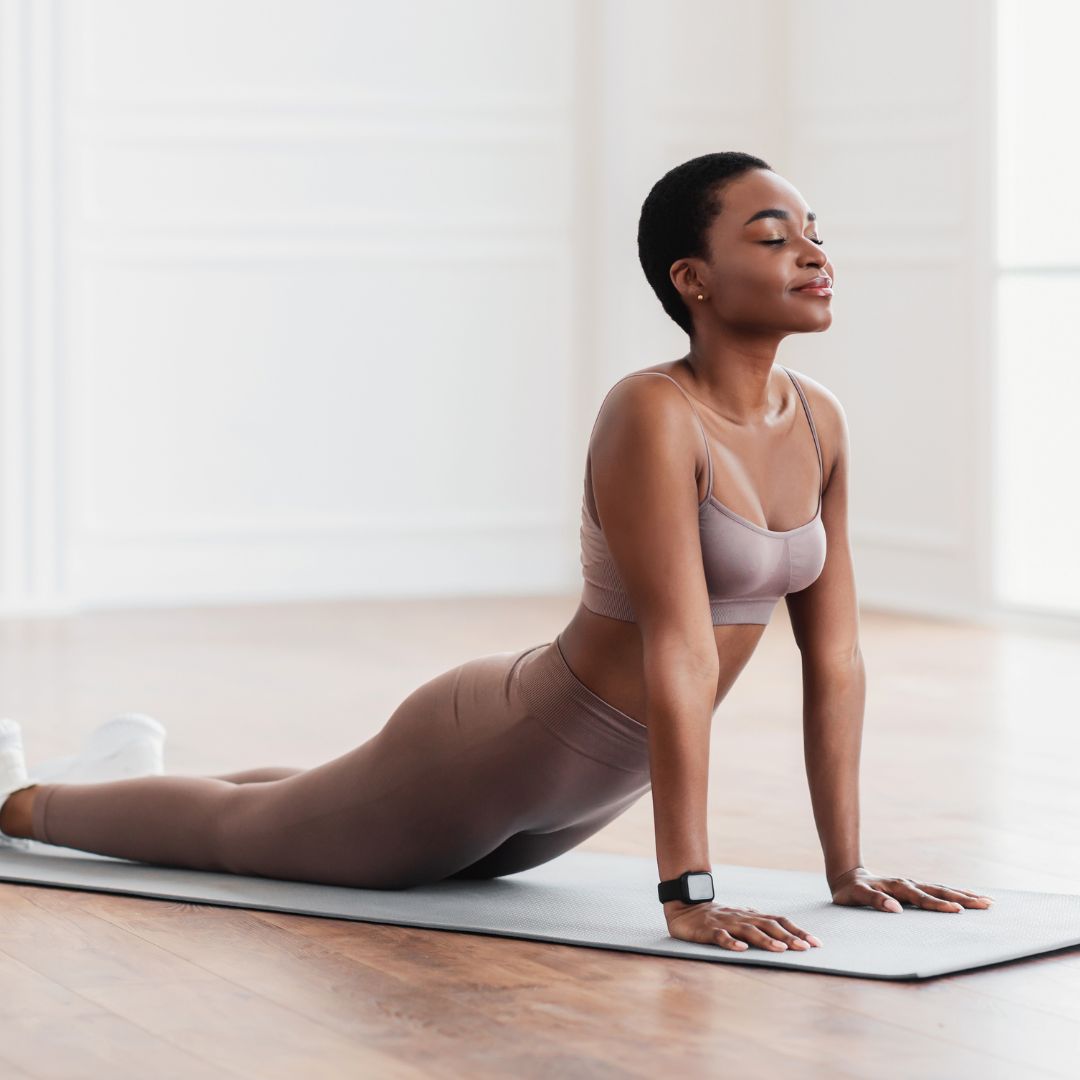 This Pilates ab workout is a combination of all the most effective exercises for a strong body
This Pilates ab workout is a combination of all the most effective exercises for a strong bodyThis one's a good'un.
By Ally Head
-
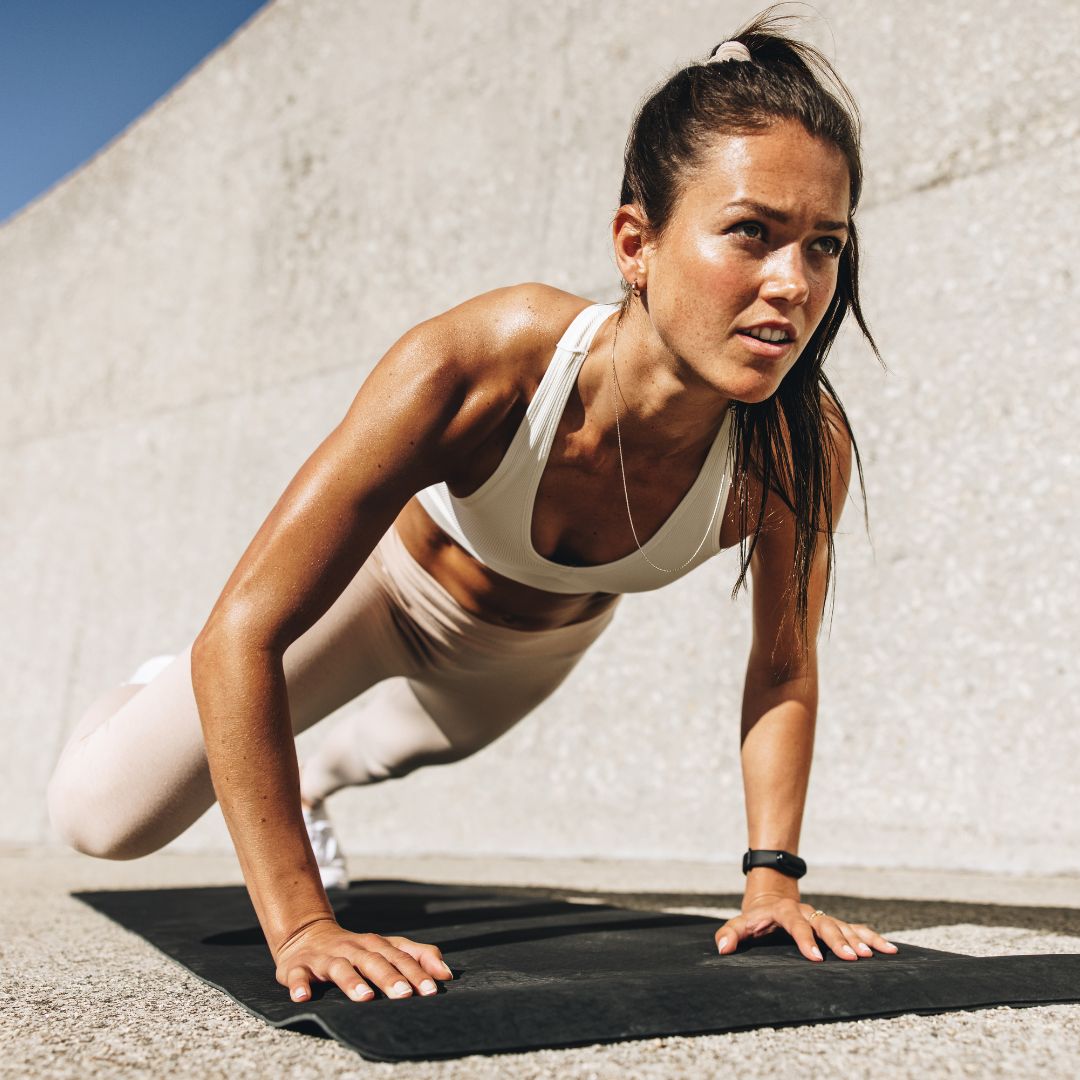 These are the only bodyweight exercises experts reckon are *actually* effective
These are the only bodyweight exercises experts reckon are *actually* effectiveTry from home, the garden, or the gym.
By Ally Head
-
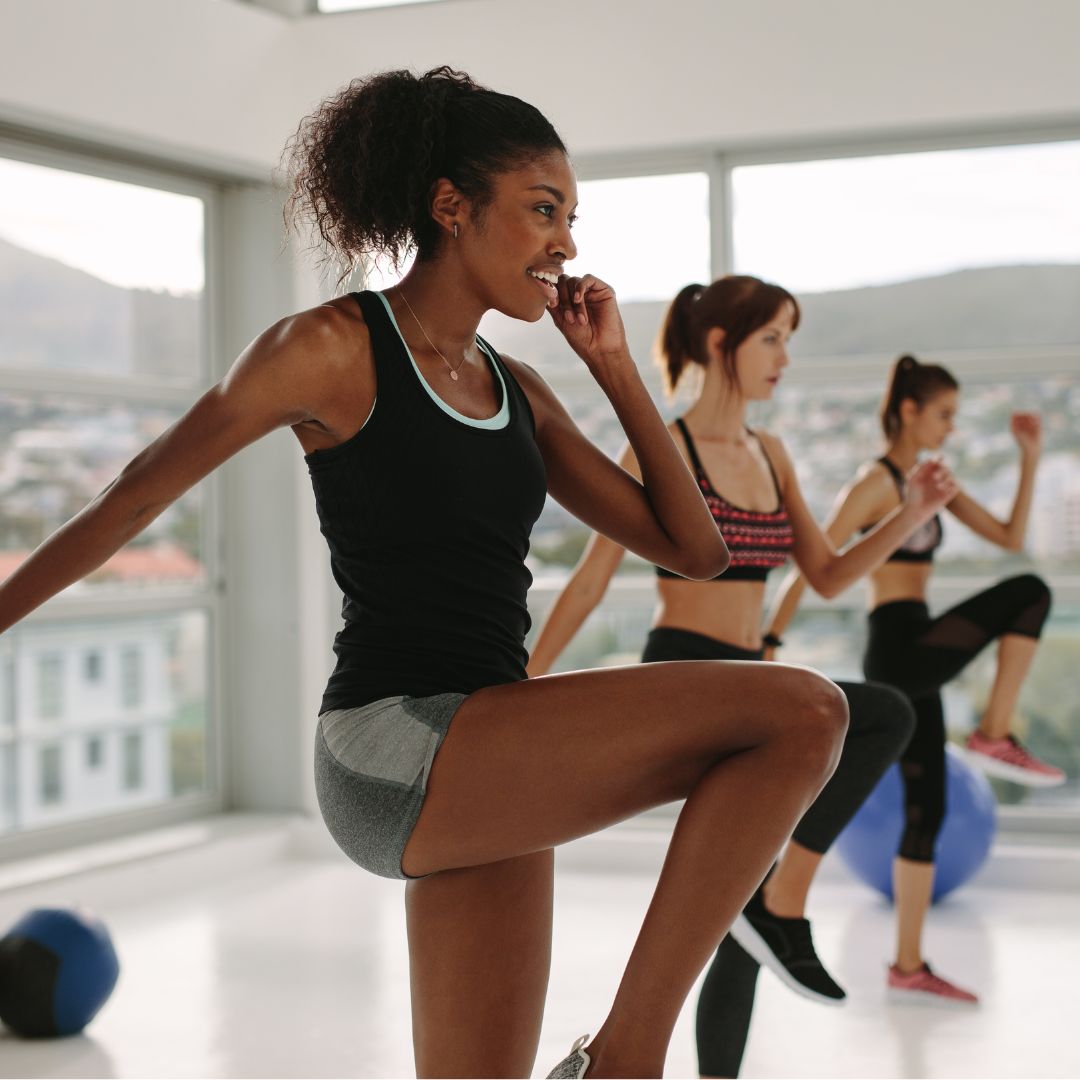 This is the best HIIT workout you can do, according to world-renowned trainer Kayla Itsines
This is the best HIIT workout you can do, according to world-renowned trainer Kayla ItsinesYep, you can do it from home.
By Ally Head
-
 A diabetes drug is going viral for its supposed weight loss benefits—but there’s a seriously dark problem here
A diabetes drug is going viral for its supposed weight loss benefits—but there’s a seriously dark problem hereSearches for weight loss injections have soared by 134%.
By Ally Head
-
 Cold water therapy is loved by Lizzo and Harry Styles - here's how it could boost your energy, fitness and more
Cold water therapy is loved by Lizzo and Harry Styles - here's how it could boost your energy, fitness and moreLearn all about why the Wim Hof method could be worth introducing into your day-to-day.
By Ally Head
-
 Dumbbell exercises are loved by Rihanna and the Kardashians - 10 to try tonight
Dumbbell exercises are loved by Rihanna and the Kardashians - 10 to try tonightOur weight training experts have got you covered.
By Amy Sedghi